Our Alumni’s works in

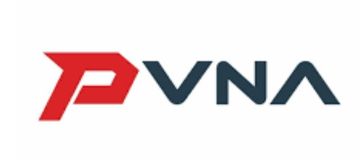
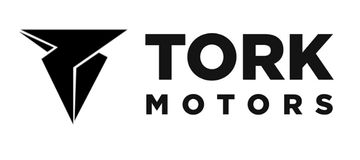
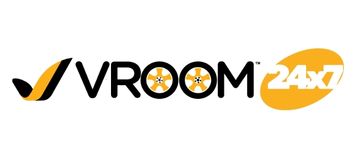



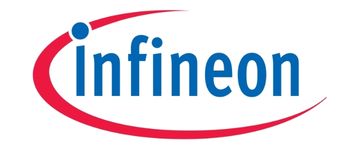
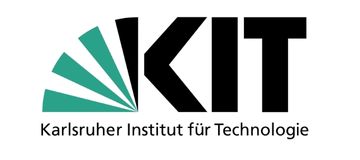
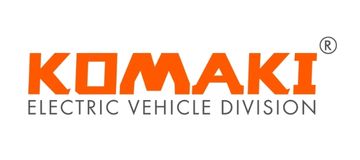



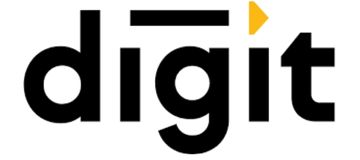



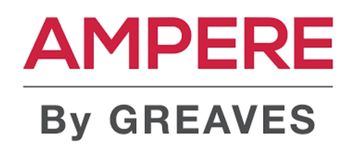

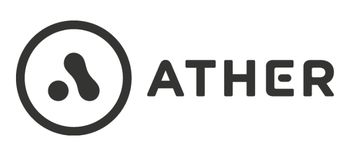
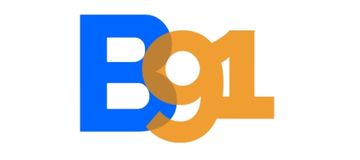
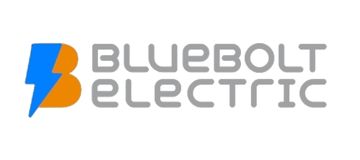
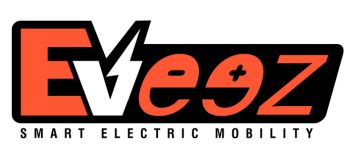
Learn about the workings of a car, right from the basics. This maker’s course will take you on a journey in which you will learn about the automobile part-by-part. We will choose a car and then understand its working, by analyzing parts closely and then comprehending how different parts work together to enable the vehicle to move.
























Programs Accredited by Govt. Bodies
India became the fourth largest auto market in 2018 with sales increasing 8.3 per cent year-on-year to 3.99 million units. It was the seventh-largest manufacturer of commercial vehicles in 2018. India is also a prominent auto exporter and has strong export growth expectations for the near future. Automobile exports grew 14.50 per cent during FY19. It is expected to grow at a CAGR of 3.05 per cent during 2016-2026. In addition, several initiatives by the Government of India and the major automobile players in the Indian market are expected to make India a leader in the two-wheeler and four-wheeler market in the world by 2020.
In order to keep up with the growing demand, several automakers have started investing heavily in various segments of the industry during the last few months. The industry has attracted Foreign Direct Investment (FDI) worth US$ 23.89 billion during the period April 2000 to December 2019, according to data released by Department for Promotion of Industry and Internal Trade (DPIIT).
Source: IBEF March 2020 Report
The educational objective of this program is to shape the students into the best automobile engineers by providing a supportive and diverse environment and to produce competent and innovative automobile engineers for fulfilling the needs of the industry. This program for beginners in the Automotive field, where you will be able to understand and have a fair knowledge about working of an automobile. Along with that, DIYguru in collaboration with Make In India initiative to promote the Automotive sector in India brings you this unique opportunity to explore various opportunities available in Automotive Industry.
DIYguru presents a certification program on Fundamentals of Automobile Engineering in collaboration with BAJATUTOR. This program provides you with the most flexible learning environment possible. This program is offered as a self-paced program often referred to as asynchronous online program which is time-independent, meaning that it can be accessed 24*7 within the tenure of 45 days. This program can be accessed from multiple devices which make it easy to learn on the go. Lectures that are pre-recorded or slide presentation with voice-over commentary, interactive discussion boxes that foster student to student interaction, Email communication with the instructor are part of this process.

[gravityform id="9" title="false" description="false" ajax="true"]
DIYguru will feel proud to awards the certificate of competency in "Fundamentals of Automobile Engineering" to only those aspirants who have 100% completed their online module.
DIYguru proficiency Certificate is highly valuable by industry giants namely Robert Bosch; Maruti Suzuki; Hyundai Motors, are the name of few, which is why DIYguru earned certificates are secured with a unique certificate ID. To check the validation of the certificate, check out the footer section of the home page.
Certificate provided to you is an online certificate, which means there is no need to download, after completion of the course, aspirants are requested to check their profile to view their earned certificate. In case the certificate is not issued feel free to write us a certificate@diyguru.org, our team will help you out.
[sp_easyaccordion id="18442"]

No 06-01 Jalan Padan Ria 4, Pusat Perdagangan Padan, 81100 Johar Bahru

DIYguru, Vroom Services Limited, Level 6, Plot 10, Road 12, Block F, Niketan, Gulshan, Dhaka 1212.

DIYguru, Abhiyantriki Karmashala Pvt. Ltd. ward No. 06, Dadhikot, Suryabinayak, Bhaktapur, Nepal
Learners from 170+ countries have grown in their career through our programs
Spend less time worrying about job availability, and more time growing your knowledge. Join DIYguru Program today.
If you’re a current student, please get in touch through the DIYguru dashboard to ask about more details of this Program.
Please note, eligibility for DIYguru course is reserved to students who have done related projects and have relevant profiles matching with the pre-requisite of this course.
Our 7-day money-back guarantee starts from the moment of signup and runs through the free week. Cancellations between days 7 and 30 will get a prorated refund.
Fees for the program is charged only when the admission is approved.

DIYguru is India’s largest Hardware Enabled upskilling platform for learners benefiting more than 85,000+ DIY enthusiasts across 400+ institutions through online courses and DIY KITS, imparting hands-on training to acquire industry relevant skills.
374, MG Road, South Delhi,
New Delhi (IN)- 110030

Copyright © 2014-22 | DIYguru Education & Research Pvt. Ltd. All rights reserved.